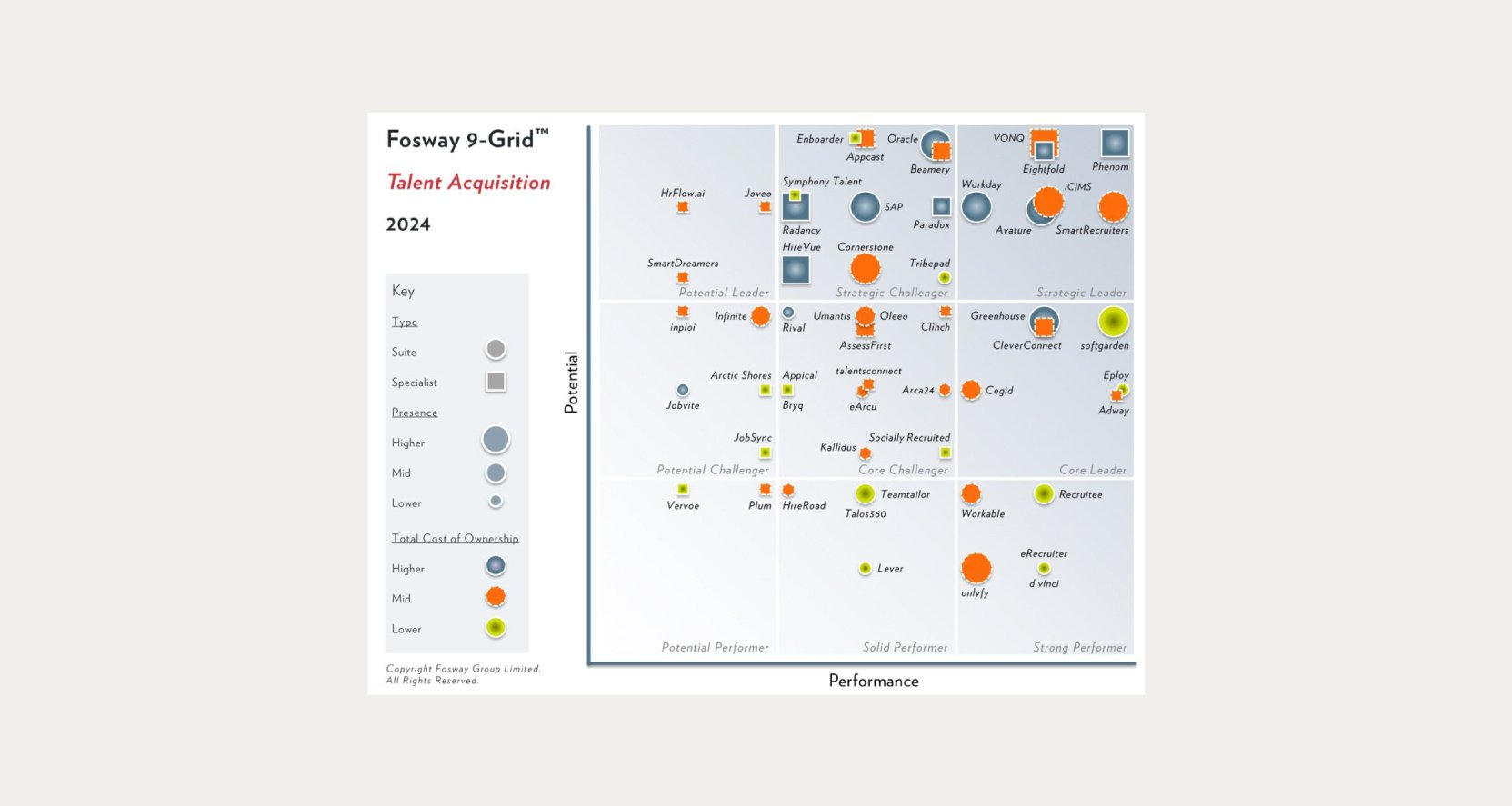It’s no secret that in many industries right now, there simply isn't enough talent to go around. Companies have tried to combat this talent shortage in a host of ways, from sourcing potential job candidates more aggressively to implementing employee engagement programs to retain existing talent—but the tasks involved are daunting, and businesses sometimes meet with limited success. Employee engagement programs, for instance, often suffer from low participation and poor follow-through from management. To wit, when companies give their annual engagement surveys, one third of employees on average now opt out or lie.
Though there’s no silver bullet for more successful talent acquisition and retention, there is one tactic that’s increasingly gaining traction: employee value proposition (EVP). EVP is essentially a transplanted sales concept, taking the idea of customer value proposition and applying it talent management. 2001’s The War for Talent described EVP this way: “Your company needs a strong employee value proposition – a compelling answer to the question, ‘Why would a highly talented person choose to work here?’” But what does that mean in practice for modern recruiters seeking to fight the global talent shortage?
What is EVP?
Okay, I know what you’re thinking. The quote above about EVP is pithy enough, but when we get down to business, what is EVP, really? Good question! EVP essentially refers to all of the ways that your business provides value for your employees, from career advancement opportunities and benefits to high levels of autonomy or recognition within their chosen field. As of a few years ago, studies showed that 87% of employees valued learning and personal development above other sources of value. If you’re providing those things to your employees, for instance, that’s a good start in terms of building a strong EVP. That said, all industries (to say nothing of individual teams) are different, and your business’ EVP will have to reflect the particular details of both your existing employees and your candidate personas in order to stand out.
What else goes into an EVP? Opportunities to learn, grow, succeed, and gain recognition; the chance to work with high quality people, including teammates, managers, and executives; product quality and innovation within your market; interesting, challenging work or strong work-life balance (bonus points for both); compensation, including bonuses, salary, benefits, vacation time, retirement packages, etc. To define your EVP, think about which of these things you’re providing, and how. Be as honest as possible. Then think about how well your offerings line up with the needs of your current employees and your candidate personas. Are there areas where your company falls short of providing the things that would motivate and support your team? Could you be better articulating the ways in which you’re already providing value?
Retaining Talent
This is where the rubber meets the road. How does a strong EVP help you in talent management? For starters, it can help to decrease annual employee turnover by more than 65%. How does it accomplish this? By offering employees the things that are important to them, while helping to create a sense of cohesion within your team. While employee engagement programs often put the onus on employees themselves to demonstrate their commitment to the work they’re doing (and only sometimes take constructive feedback into account in a meaningful way), a strong commitment to EVP puts the responsibility for motivation back where it belongs: the company. Your employees provide you with value by doing high quality work, and you return the favor, creating something that should begin to look like a partnership.
It might go without saying that any strategy that improves your talent retention also necessarily makes talent acquisition easier. But, we’re willing to say it anyway! The more effectively you’re able to hold on to your best people, the fewer positions per year you’ll need to hire for. That means that every (effective) dollar you spend keeping your current employees happy and providing them value, is a dollar you won’t have to spend replacing employees due to high turnover. The global talent shortage is no joke, but if you’re able to reach a point where you don’t need to hire as many people each year, then you won’t face nearly as many of the ill-effects of scarce talent (and there are plenty of them, from increased cost-per-hire to lower apply rates).
EVP in Employer Branding
Now, we’ve talked a little about the talent retention side of the EVP equation—but what about talent acquisition? EVP can be just as important a tool when it comes to acquiring talent in the face of increased competition for the right candidates. How? By becoming an integral part of your employer brand. Studies show that a strong employer brand can help decrease time-to-hire and cost-per-hire, and can entice passive candidates to switch jobs if the right opportunity comes along. What should a strong employer brand do? For one thing, it should help prospective applicants to envision themselves working for your business—which means that in addition to letting candidates know about your product, your mission, and your values, you also need to let them know how you’ll provide value for them. In other words, you’ll need to communicate your EVP.
Of course, your employer brand is a complicated thing, and there will be a lot more to it than just telling job candidates what they get out of the bargain. At the same time, your EVP can act as a solid foundation on which to build the rest of your messaging. This way, you’ll have an employer brand that really stands out from the crowd, meaning that you can more easily position yourself as a destination workplace. Though there might not be enough talent to go around, you can use your EVP (and your employer brand) to make sure that job seekers think of your business first when they’re considering sending out applications, and that they give a job offer from your company real, thoughtful consideration.








